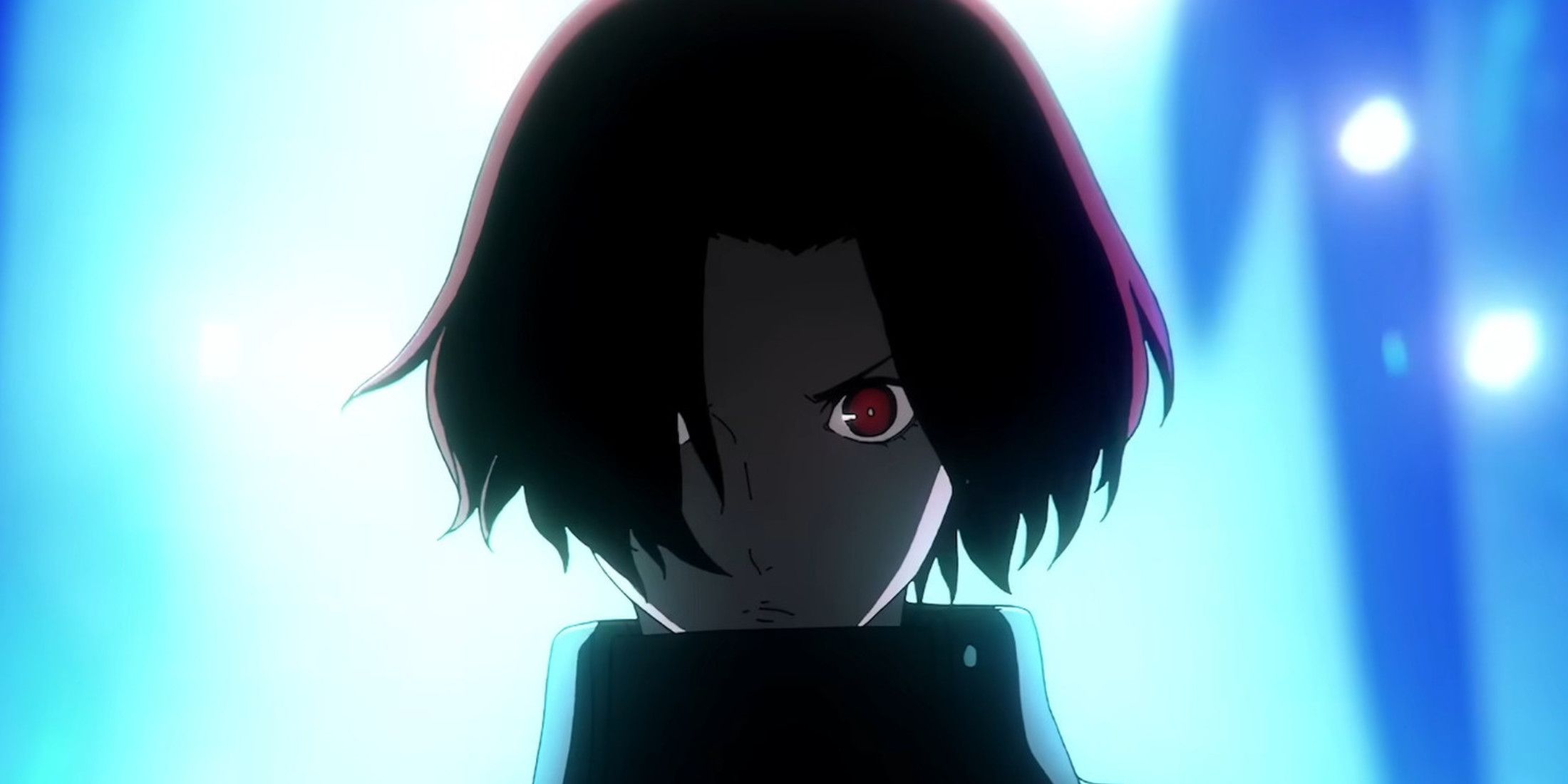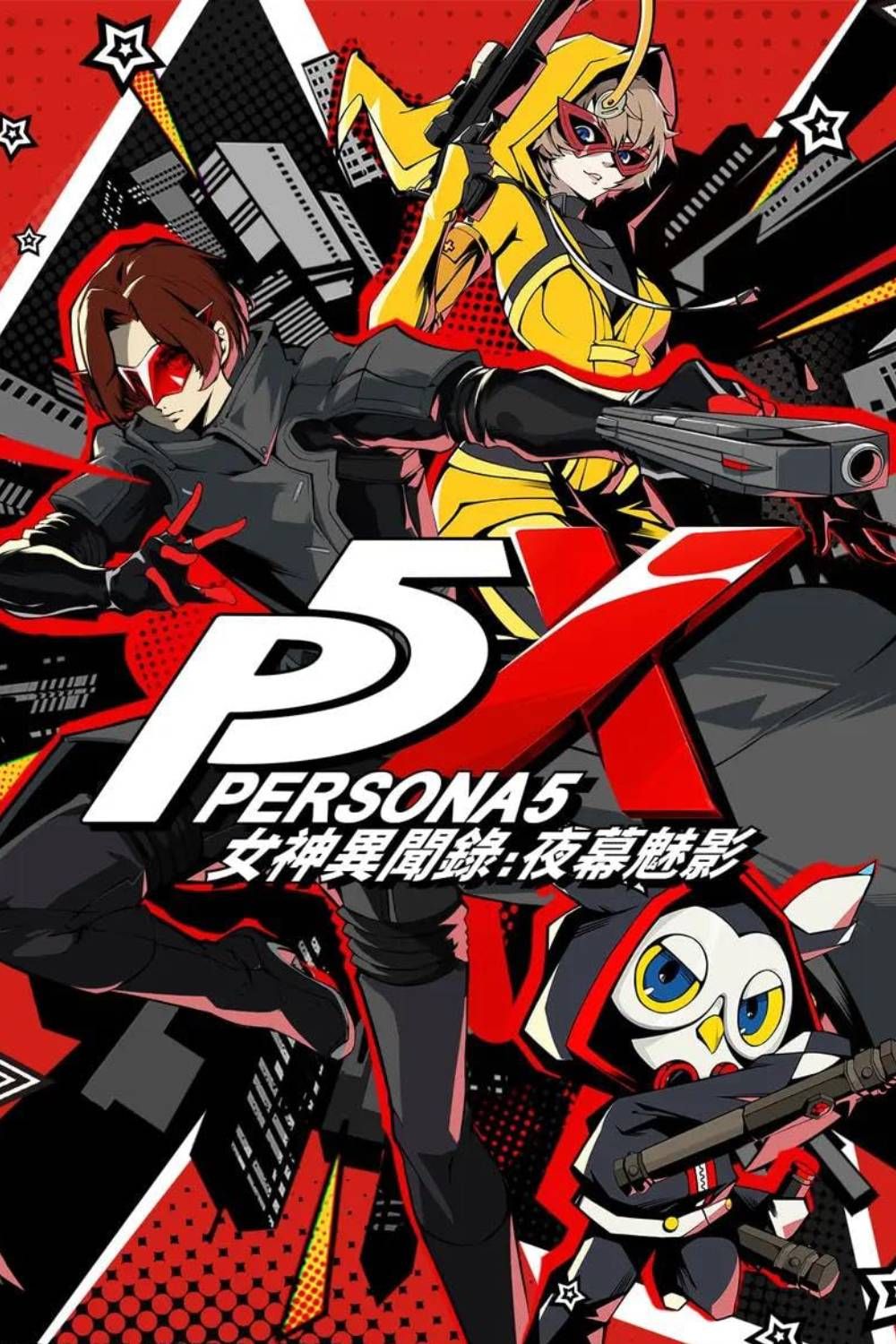It shouldn’t exactly come as a surprise that Persona 5: The Phantom X has garnered a lot of attention from JRPG fans. After all, the Persona franchise as a whole, and especially Persona 5, is among the most beloved IPs in modern gaming, so this new experiment in the live-service realm seemed almost destined to enjoy some degree of popularity.
But few could have predicted that Persona 5: The Phantom X would actually surpass its progenitor in terms of peak player count on Steam, suggesting that it’s actually more successful, in a sense, than Persona 5 Royal. Indeed, The Phantom X has attracted a massive audience, at least on PC, making it perhaps the best-“selling” Persona spin-off of all time; it’s certainly gotten more attention than the likes of Persona 5 Strikers. This could be chalked up to the fact that P5X is free-to-play, making it a low-commitment investment for just about any gamer with even a passing interest in the franchise, or maybe it really is just that good. These factors are likely at play, but it’s safe to say that context matters in the case of Persona 5: The Phantom X, and it’s this context that Atlus ought to keep in mind when planning the future of the franchise.

Related
Persona 5: The Phantom X Missed a Big Opportunity With Its Protagonist
Persona 5: The Phantom X has a lovable and charming cast of lead characters, but it could have been improved with one long-awaited change.
Hopefully, Atlus Doesn’t Learn the Wrong Lessons from Persona 5: The Phantom X’s Booming Popularity
Atlus’ Strong Single-Player Games Are Likely to Thank for The Phantom X’s Success
Atlus has long been a major player in the Japanese games industry, developing genre-defining JRPGs in-house and publishing some heavy-hitters, including Demon’s Souls, in the US. But the past decade or so has been transformative for the company, which has solidified itself as an industry leader through best-selling games like Persona 5, Persona 3 Reload, and Metaphor: ReFantazio. Even games like Catherine: Full Body, which doesn’t have the same mass-market appeal as the Persona series, have aided in Atlus’ increasingly sterling reputation.
There’s a common thread connecting these seminal Atlus games: they are all single-player and bereft of egregious in-game purchases. It’s safe to say that the consistently high quality of these JRPGs has a hand in Persona 5: The Phantom X‘s success, as audiences have been hungry for another Atlus/Megaten experience. The Persona label, and Atlus’ unique approach to game design, have effectively become mainstream in recent years, and this growing relevance is arguably the biggest reason behind The Phantom X‘s high player count. One thing is for certain: P5X isn’t going gangbusters because of its gacha mechanics.
It’s also worth noting that, gacha fodder aside, Persona 5: The Phantom X is still following the traditional Persona template. This may help explain why it’s gotten so much more attention than more radically distinct spin-offs like Persona 5 Tactica.
Persona 5: The Phantom X Should Probably Be the Last of Its Kind
Whatever one’s opinion is of gacha gaming, it’s hard to argue that the genre’s reliance on gambling systems benefits gamers; at best, typical gacha monetization can be tolerable and easy to ignore. Persona 5: The Phantom X‘s gacha systems aren’t too terrible, but they certainly don’t improve the core Persona template.
As such, it would be best for the Persona franchise to stick to what it’s best at, with its developers understanding that Persona 5: The Phantom X‘s current and future success haven’t come as a result of its live-service gacha framework. Rather, it’s the ingenuity and boldness of the rest of the series—the single-player, genre-defining JRPGs—that are to thank for P5X‘s popularity. These are the traits future Persona games should continue to hone, not GaaS staples.



